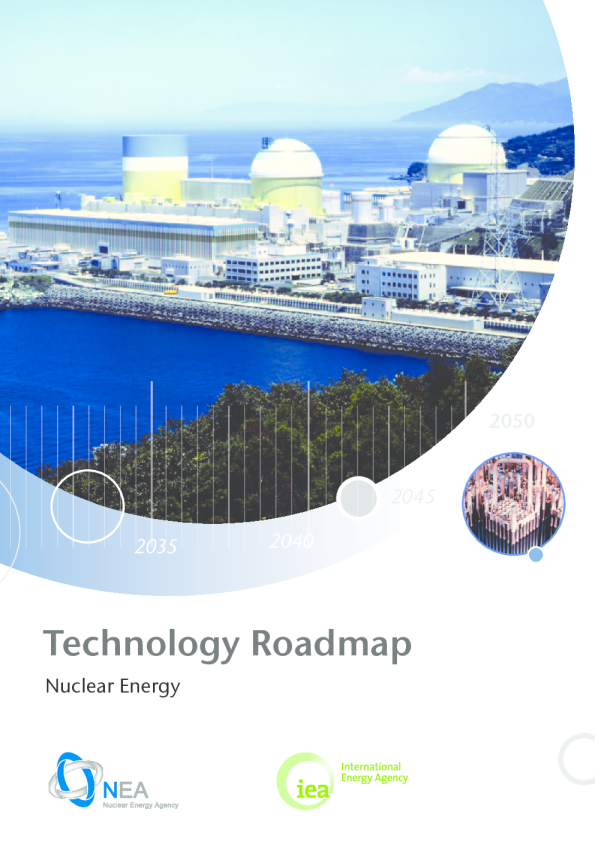Energy Technology Initiatives 2010
 AI智能总结
AI智能总结Energy Technology Initiatives Implementation Through Multilateral Co-operation
Introduction
The International Energy Agency (IEA) plays a crucial role in addressing global energy challenges, particularly energy security and climate change. With a mandate to promote energy security and sound energy policies, the IEA facilitates international collaboration among 28 advanced economies. The IEA's work includes maintaining emergency response capabilities, promoting sustainable energy policies, improving market transparency, and supporting global collaboration on energy technology.
Key Achievements and Initiatives
The IEA has implemented 42 multilateral technology initiatives, known as Implementing Agreements, since 2010. These initiatives cover a wide range of areas including:
- Cross-cutting Issues: Technology transfer, research databases, and modeling.
- Energy Efficiency: Buildings, electricity, industry, and transport.
- Fossil Fuels: Clean coal, enhanced oil recovery, carbon capture and storage.
- Fusion Power: Tokamaks, materials, technologies, safety, and alternate concepts.
- Renewable Energy Technologies: Bioenergy, geothermal, hydrogen, hydropower, ocean, photovoltaic, and solar heating and cooling.
These initiatives involve over 6,000 specialists across 1,000 completed projects. They aim to support energy security, economic growth, and environmental protection through research, demonstration, and deployment programs.
Recent Achievements
The publication focuses on significant recent achievements of the IEA Implementing Agreements. Notable initiatives include:
- Climate Technology Initiative: Led by Elmer Holt.
- Energy Technology Data Exchange: Managed by Debbie Cutler.
- Energy Technology Systems Analysis: Directed by Giancarlo Tosato.
In the end-use sectors, specific initiatives include:
- Buildings and Community Systems: Led by Malcolm Orme.
- Electricity: Projects managed by Jan Bleyl and John Baker.
- Industry: Led by Sara Boije.
- Transport: Projects managed by Heather Haydock and Martijn van Walwijk.
For fossil fuels, notable initiatives include:
- Clean Coal Centre: Directed by Geoff Morrison.
- Enhanced Oil Recovery: Led by Erling Stenby.
- Greenhouse Gas RD Programme: Managed by John Gale.
In the fusion power sector, initiatives include:
- Fusion Environment, Safety and Economy: Led by Phil Sharpe.
- Fusion Materials: Directed by Shiro Jitsukawa.
For renewable energies and hydrogen, notable initiatives include:
- Bioenergy: Led by Adam Brown.
- Geothermal: Directed by Mike Mongillo.
- Hydrogen: Managed by Mary-Rose de Valladares.
- Solar Heating and Cooling: Directed by Pamela Murphy.
- Wind: Led by Patricia Weis-Taylor.
Conclusion
To achieve the goal of a low-carbon global economy, increased cooperation between industries, businesses, and government is essential. The IEA's multilateral technology initiatives provide a flexible and effective framework for international collaboration, enabling the research, demonstration, and deployment of innovative energy technologies. These efforts are critical in addressing energy security and mitigating the environmental impact of energy production and consumption.





